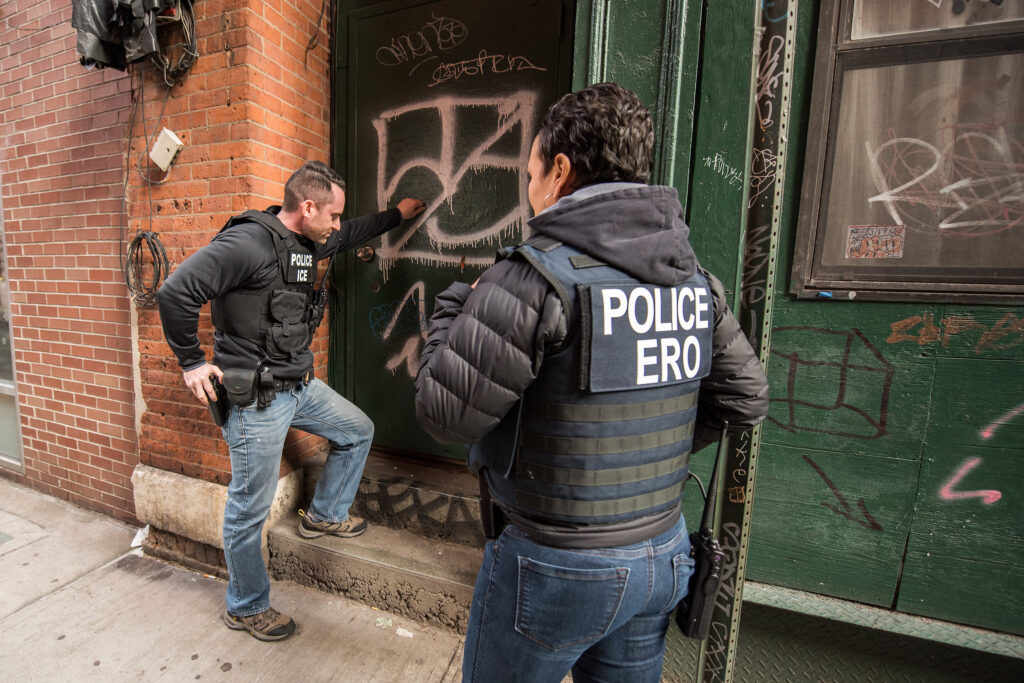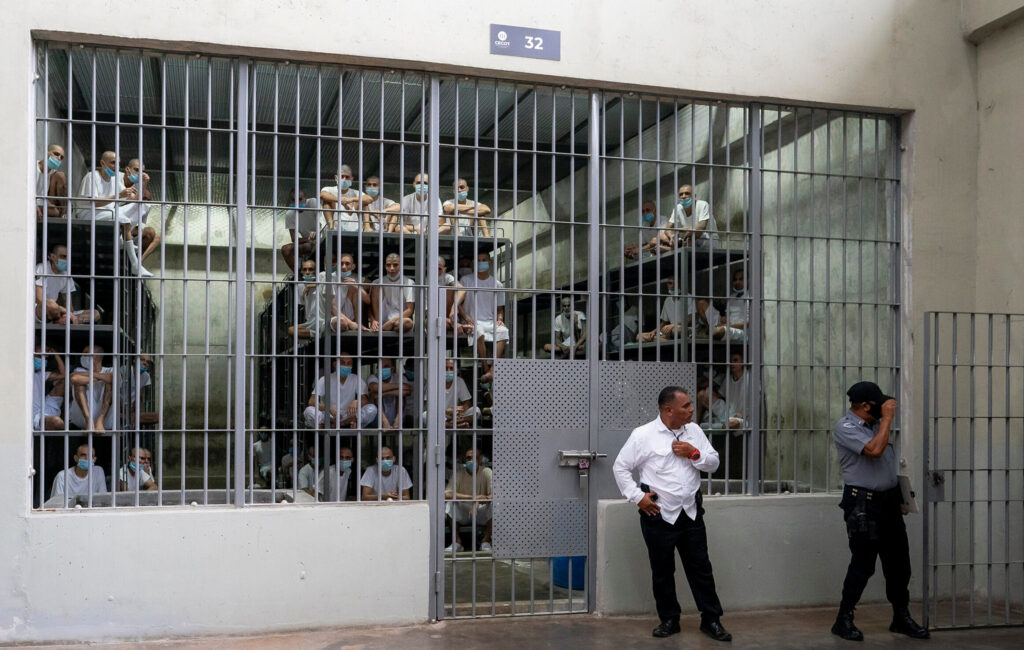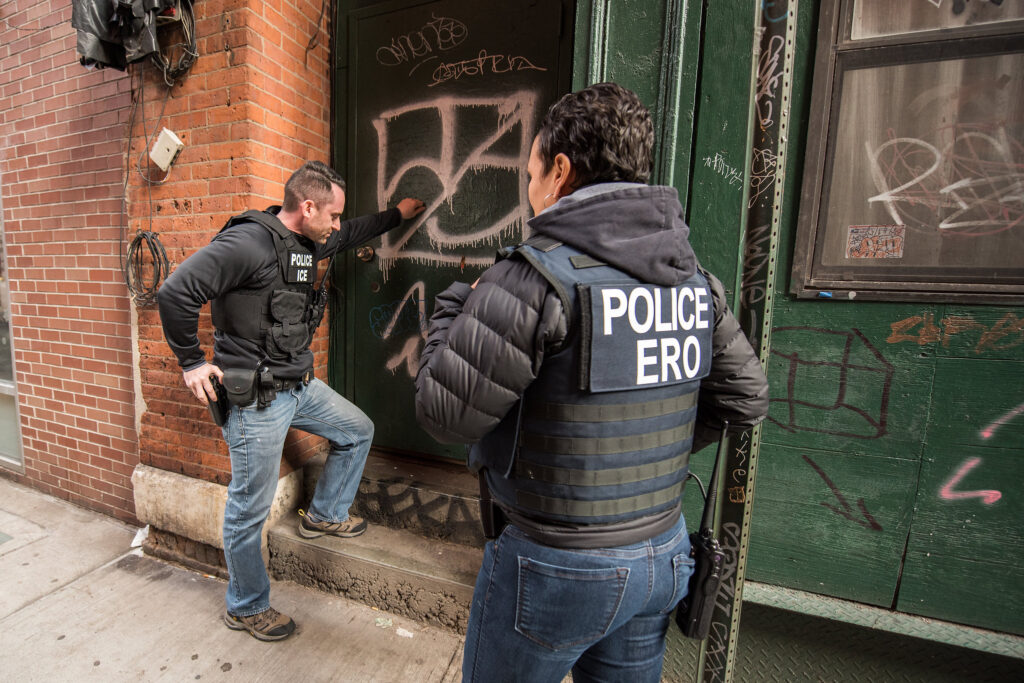The Trump administration’s most extreme immigration promise is no longer theoretical. It’s happening — on the ground, in American cities, in broad daylight.
Over the past few weeks, scenes from Los Angeles have dominated headlines: early-morning ICE raids in Latino neighborhoods, children watching their parents being dragged away, city officials clashing with federal agents over sanctuary protections. This isn’t a drill. It’s the start of what Donald Trump has called “the largest domestic deportation operation in American history.”
But behind the political spectacle and the incendiary rhetoric lies a harsh reality: this campaign to deport more than 11 million undocumented immigrants isn’t just wreaking havoc on the rule of law — it’s economically suicidal.
Deporting Millions Is Logistically Impossible — and Economically Damaging
Mass deportation on the scale of removing 11 million undocumented immigrants is unprecedented. It would require building over 200 detention centers annually for over a decade and cost more than $66 billion each year, excluding legal, transportation, and enforcement costs. Meanwhile, immigration courts are already overwhelmed with a backlog of 3.6 million cases. Resolving this would require either tripling the number of immigration judges or bypassing due process — an unconstitutional shortcut the government has already taken.
But this isn’t just a story of courts and budgets. It’s a story of people — millions of whom are helping to power the US economy. Over 8.3 million undocumented immigrants were part of the US workforce in 2022, concentrated in agriculture, construction, hospitality, and elder care: jobs that are hard to automate and harder to fill.
Removing undocumented workers wouldn’t boost wages or open jobs for native-born citizens — and would likely harm them — because undocumented immigrants and native-born workers often hold complementary roles, not competing ones. When 400,000 were deported under the Obama-era Secure Communities program, it led to 44,000 native-born job losses and lower wages.

In agriculture, where nearly 40 percent of the workforce is undocumented, the blow would be devastating. These workers, if removed from the country or terrorized into staying home from work, are not easily replaced. During the COVID-19 pandemic, which strengthened border restrictions and slowed visa processing, just 337 US citizens applied for 100,000 available seasonal farm positions. Without these workers, farms (particularly in the dairy and poultry sectors, as these year-round producers cannot use seasonal guest-worker visas) would suffer, driving up food prices nationwide.
Construction would also take a hit, as about 15 percent of its workforce is undocumented. In California, which already faces a housing affordability crisis, soaring rents, and homelessness, a labor shortage will slow building and push costs higher. Economist Troup Howard’s study found that Obama-era deportations exacerbated housing shortages and increased home prices nationwide, as the loss of construction labor had a greater impact on supply than the reduced demand for homes.
Then there’s the fiscal impact. In 2022, undocumented immigrants paid $97 billion in taxes despite being excluded from most federal benefits. They boost national output and widen the tax base. The Congressional Budget Office projects immigration will cut federal deficits by $900 billion over the next decade. Mass deportation would reverse that, just as America faces mounting debt and an aging population.
According to the Peterson Institute, removing 8.3 million undocumented workers could reduce US GDP by 7.4 percent by 2028, raise inflation by 3.5 percent, and increase the unemployment rate by 6.7 percentage points. For context, the 2007–2009 Great Recession shrank GDP by just 4.3 percent.
The Human Cost: Fractured Families and Community Trauma
Beyond spreadsheets and economic forecasts lies a raw human toll. Two-thirds of undocumented immigrants have lived in the US for over 10 years, and 4.4 million US-born children reside with at least one undocumented parent. What mass deportation means, then, is tearing families apart — either by forcing children into foster care or by exiling them along with their parents, often to be held in inhumane conditions, or sent to countries they’ve never known.

Immigration raids across Los Angeles sent shockwaves through the city’s schools. Teachers reported empty seats and students paralyzed by fear. These children aren’t witnessing the rule of law at work — they’re learning to associate authority with terror and instability. And let’s be clear: these are not violent criminals or fugitives. Two-thirds of those arrested have no convictions, even in traffic court. These are workers, neighbors, parents — deeply embedded in the fabric of American life. Some were arrested when they showed up for mandatory court hearings in their pending immigration cases.
The truth is, mass deportation won’t fix America’s immigration system — it will shatter what’s left of it. It sows fear, breaks up self-supporting families, and betrays the values of opportunity and fairness that define the nation. The backlash in cities like Los Angeles, where mayors are now openly defying overreach by federal agents, is a sign of just how far the executive branch has veered from those ideals.
America stands at a crossroads: it can either follow a fear-driven path of mass expulsion, sacrificing the rule of law and economic growth, or choose pragmatic reform that secures its borders while preserving its values and prosperity. Even President Trump seems to acknowledge that the cost of raids may be too high. Many damaging orders have been reversed or revised. Judges are still raising alarms and insisting on due process in at least some cases. It is not too late.
Undocumented immigrants are not the problem — they are part of the solution. Each round-up of immigrants, each show of federal force, comes at a steep price — not only in dollars, but in shattered trust, gutted workforces, stagnant industry, and disrupted communities. The stakes are too high for the nation to get this wrong.
